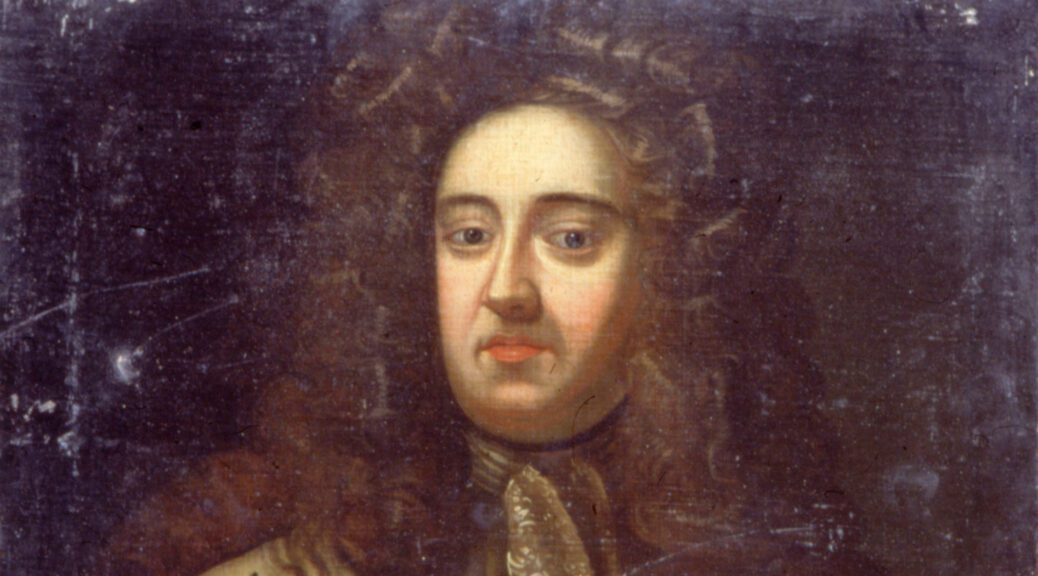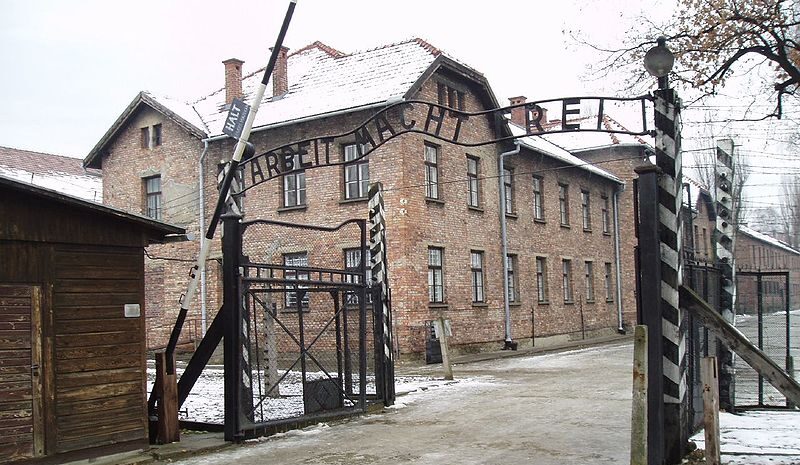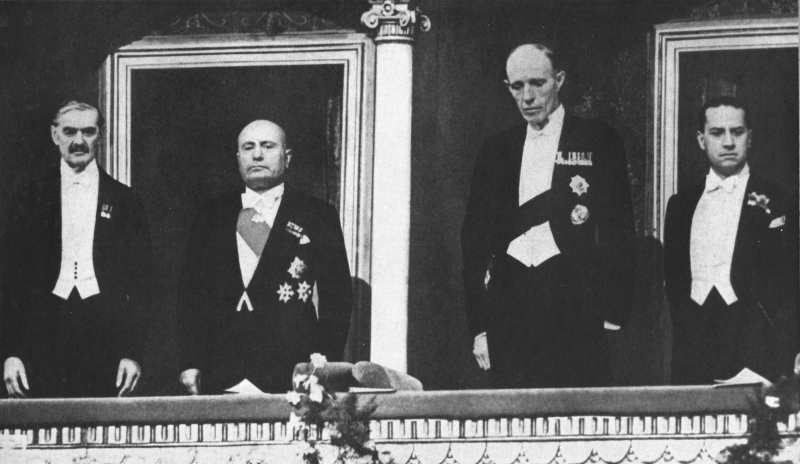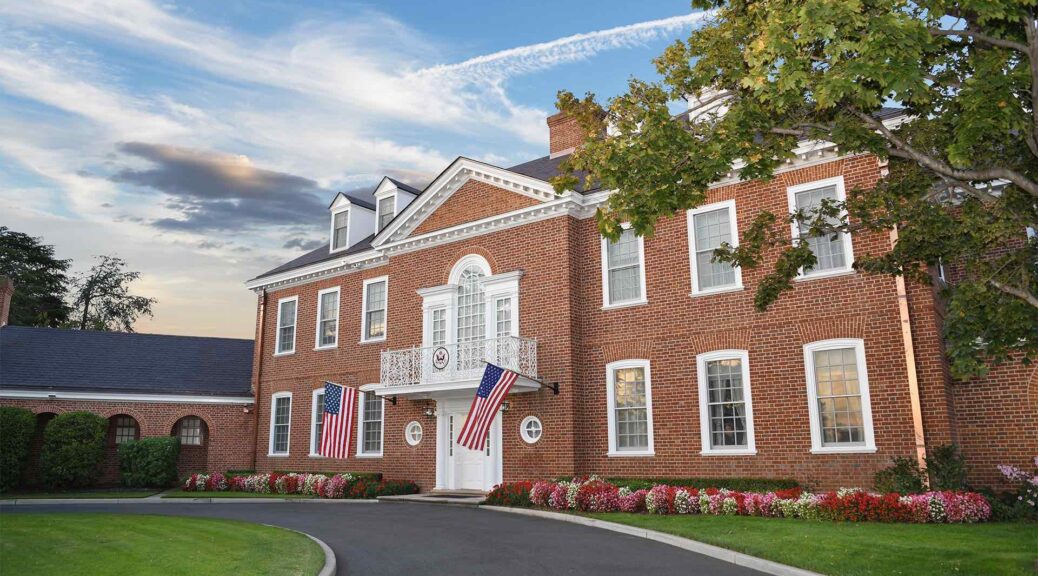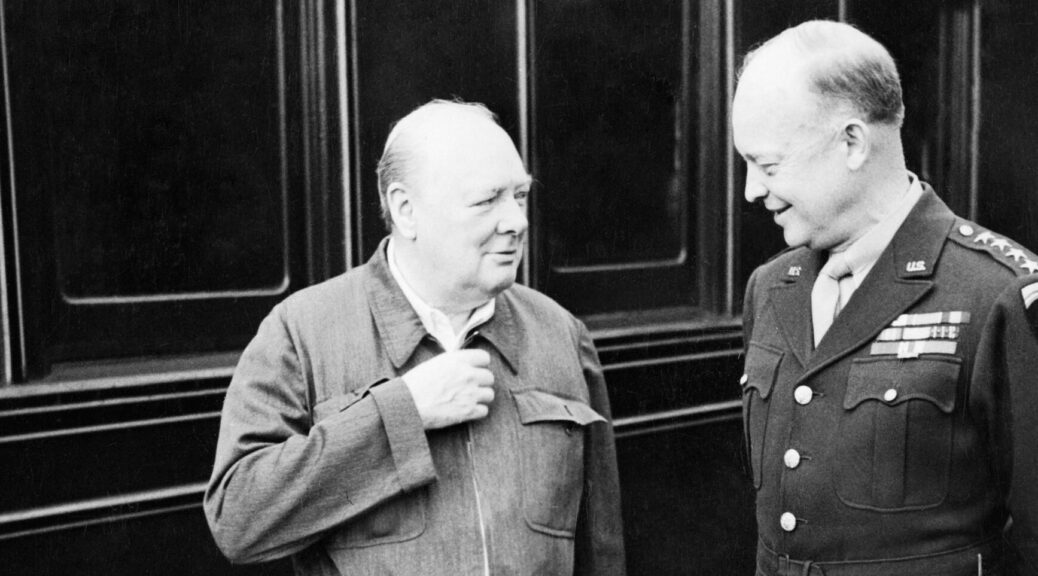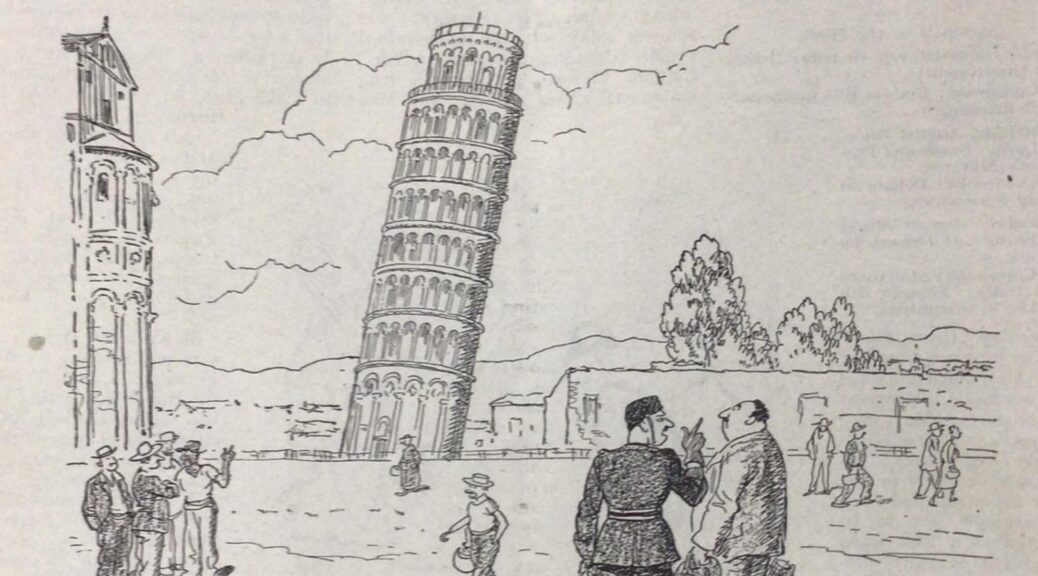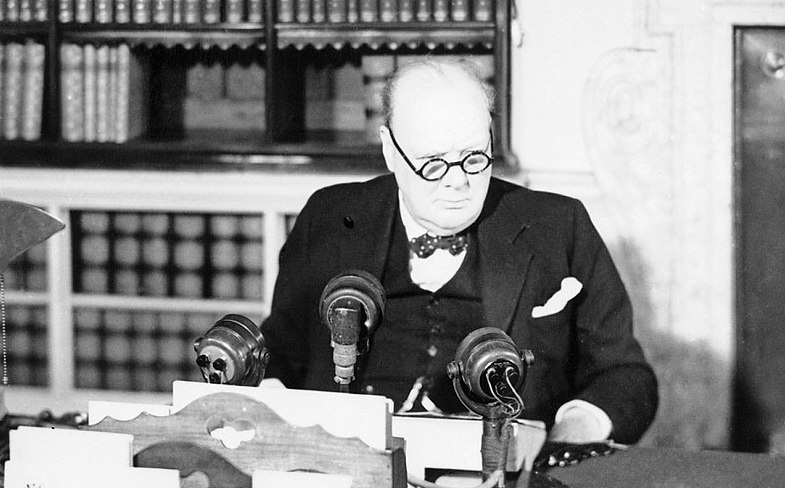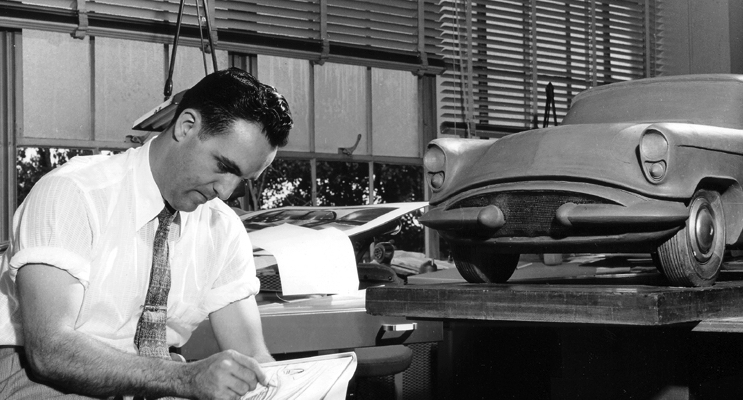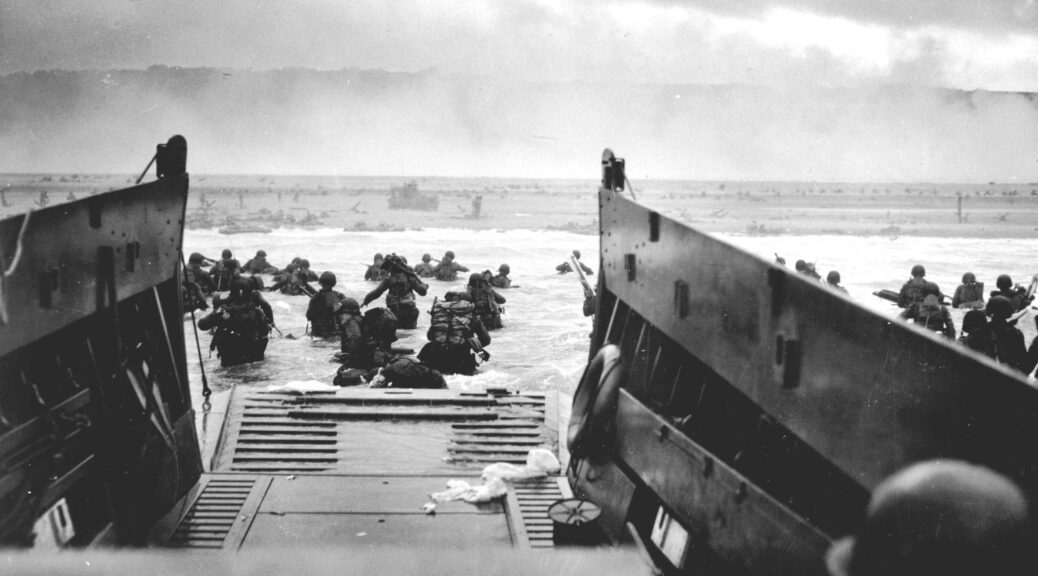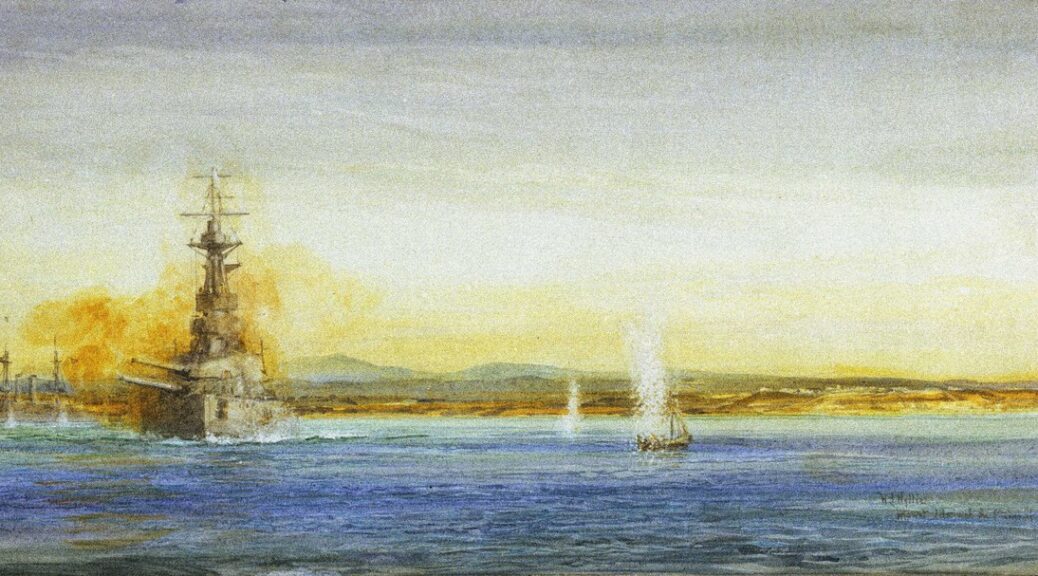
Dardanelles Straits 1915: Success Has a Thousand Fathers
It is widely believed that Churchill proposed the expedition to the Dardanelles Straits to bypass the static slaughter in Europe’s trenches. While this is true in the abstract, the plan was not his original vision, nor was it hatched overnight. Churchill and others first contemplated assaulting Germany and Austria-Hungary from the south. Churchill also proposed attacking Germany from the north, even as the Dardanelles operation was being approved by the War Cabinet.
